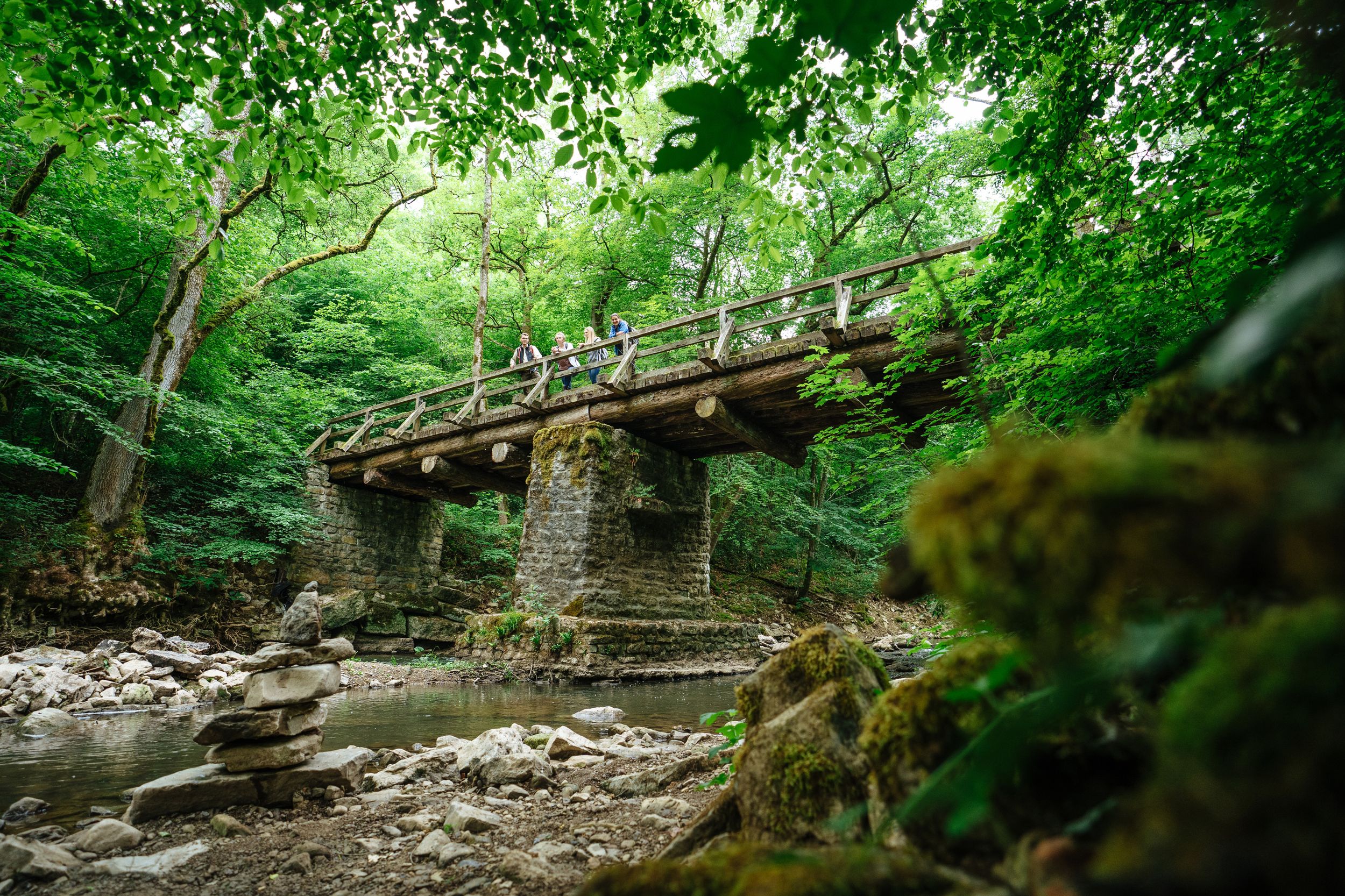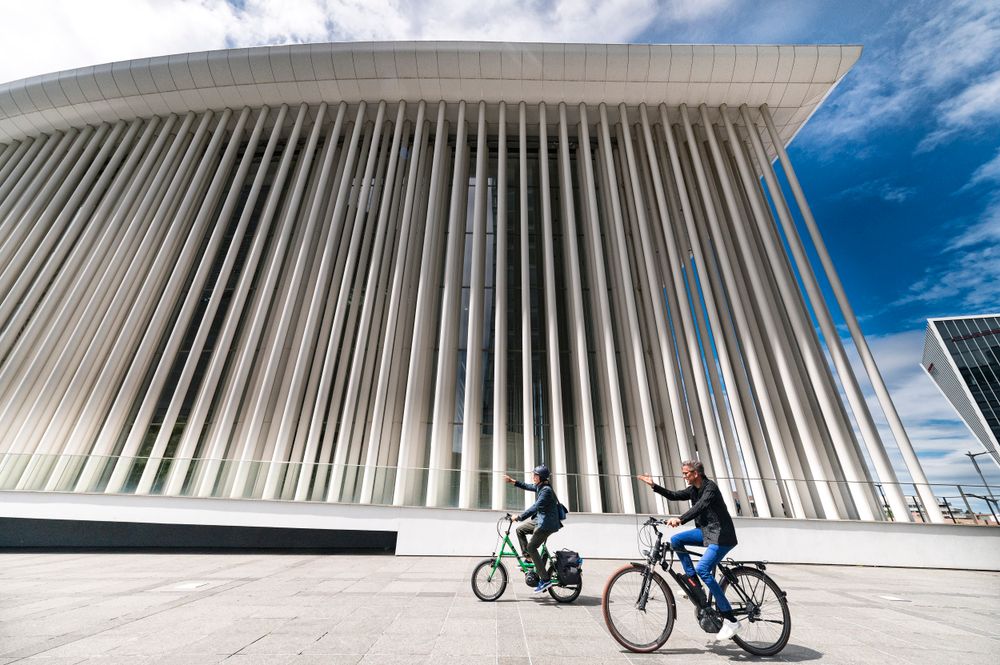Building long-term customer loyalty
A key component of the new content strategy is “Inspiring travel stories from Luxembourg” – personal stories with an X-factor. Storytelling creates authenticity, enhances brand image and lays the foundations for a long-term customer relationship on an emotional level. Storytelling also allows for successful marketing in the media.
The primary segment of LFT’s strategy is the “explorers” traveller profile. At its heart are authentic experiences, travelling off the beaten path, discovering different countries and cultures, and encounters with locals. These “explorer” attributes can then be tailored to three further focus groups:
Nature-loving actives: This group’s focus is on orientation and reliability: outdoor and active themes are especially popular.
Perfection seekers: The visual experience is key, with exclusivity being a priority. Perfection seekers are globetrotters who are happy to take risks – in comfort.
Short breakers: This target group plans carefully, likes familiarity and avoids risks, placing great importance on short-term objectives.
The main topics are the result of a number of studies, such as visitor surveys, target group analyses and studies of image and potential. The target groups outlined are interested in certain themes more than others. In contrast, LFT is aware of the overall potential of these themes on the markets, and to what extent Luxembourg is associated with them. Consequently, themes can be prioritised according to target groups and markets.
LFT works at an inspirational level as a priority, positioning itself at an early stage of the customer journey. The goal is for Luxembourg as a travel destination to be firmly established in the customer consciousness, and Luxembourg’s popularity to grow by way of brand-building, positive and trustworthy communication. In addition, concrete themed offers should be promoted among partners, especially through year-round media partnerships and in the more mature source markets (the Netherlands, Belgium and specific regions of Germany and France). The initial priority is on fostering inspiration and establishing Luxembourg in customers’ minds, before moving on to concrete offers from search queries. LFT has access to weekly search and booking data (hotels, flights, Google search interest), monthly studies on travel intentions for the next six months, and data on social media sentiment.

